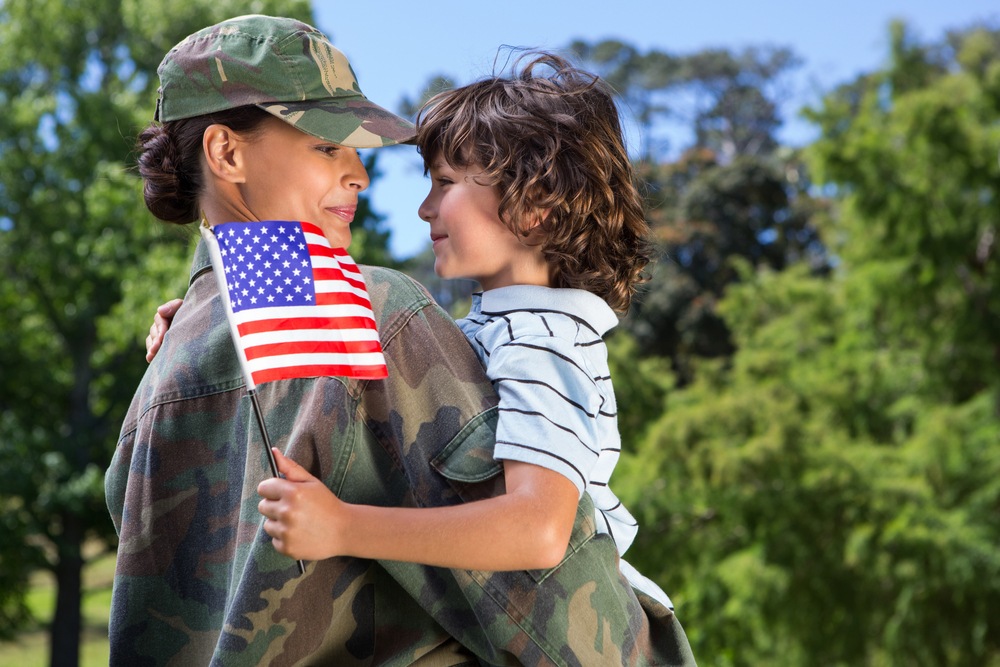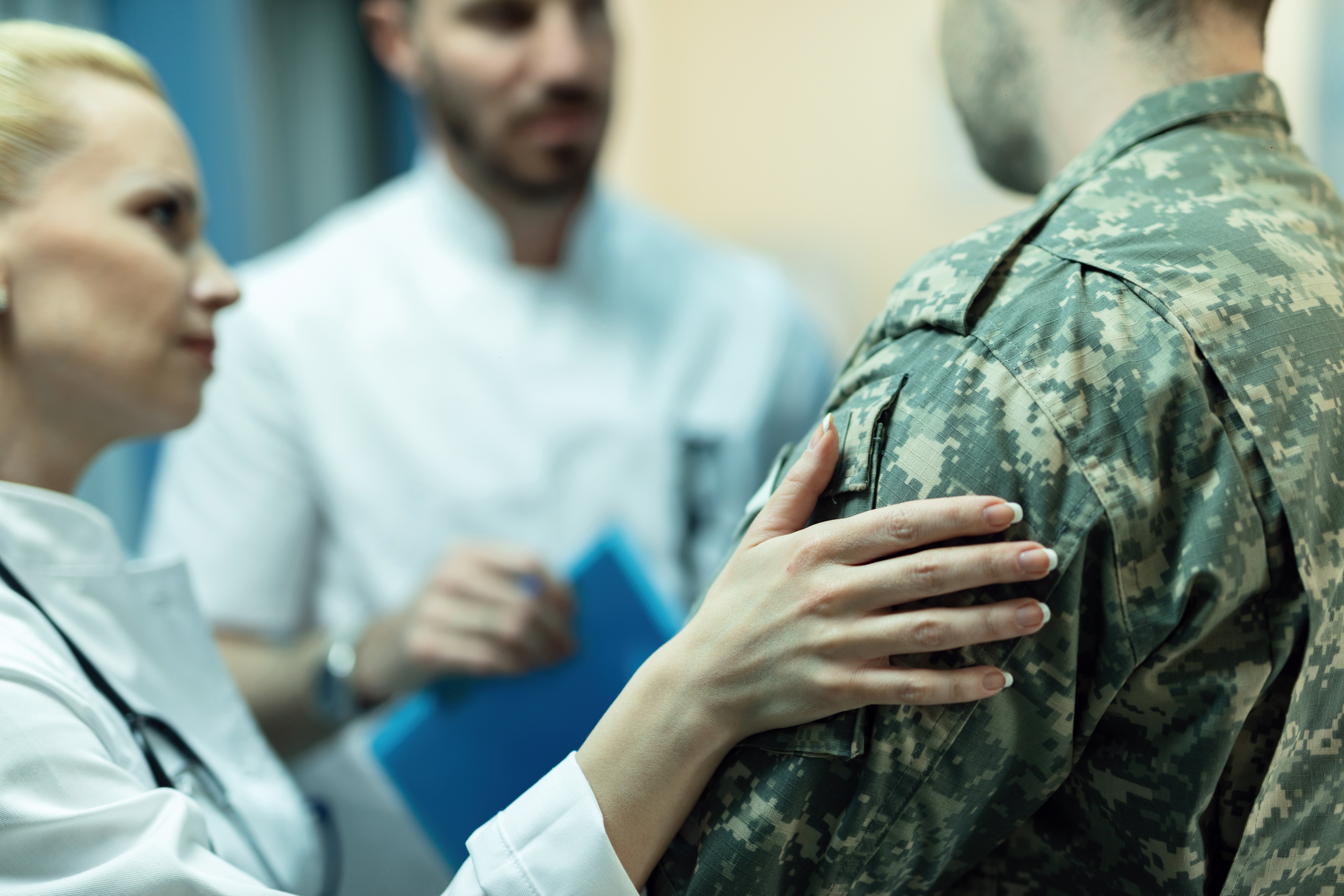
My late grandfather, Ziggy, was a first-generation American. During World War II, he served in the US Navy in the South Pacific. I will always remember the pride in his...
The COVID-19 pandemic has devastated the world in so many ways, and exacerbated pre-existing health and social issues that many people were already experiencing. Many among our Veteran population have continuously struggled with health and social challenges, long before the pandemic. From homelessness to chronic illness, the fight to survive continues for too many Veterans long after they return home from deployment.
Veteran’s Legal Services (VLS) is on a mission to support and empower these veterans to return to a healthy functioning life. This nonprofit organization based in Massachusetts supports veterans in need through free civil legal aid. The group was founded in 1991 by Boston College Law School students who realized that Veterans’ civil legal needs were going entirely unmet.
We recently spoke with Sarah Roxburgh, the Co-Executive Director of Veteran’s Legal Services, to learn more about her organization and how their efforts have been impacted by COVID-19. Sarah focuses on strategic planning and capacity building to raise money to continue to reach more Veterans, as the need for these services is huge.
VLS provides legal services to Veterans who face a host of complications. For example, a single dad who served in the military could be simultaneously trying to pay child support, visit their child, settle in from deployment, and keep up with bills – all while also dealing with their own disabilities that resulted from their time in service. If the Veteran has PTSD, it’s usually deemed unsafe for them to see their child. Many are in precarious financial situations, so they generally can’t afford a lawyer to fight for their visiting rights.
With multiple battle fronts in the world, and fewer servicemembers enlisting every year, this results in numerous consecutive combat deployments for active servicemembers. For example, Sarah at VLS recalls working with one veteran that had over nine deployments into a combat zone. How could any soldier come out of nine deployments unscathed?
According to the U.S. Department of Veterans Affairs, PTSD affects as many as 30% of Veterans exposed to combat. Sarah explains that VLS' pre-pandemic strategy for identifying veterans in need of legal aid involved her team meeting Veterans at sites in the community: homeless shelters, through word of mouth, and establishing a regular presence at locations where the veterans would go.
Warm referrals are valuable, as many Veterans don’t go out of their way to admit they need help, and therefore won’t ask for help. The goal of VLS is to make their services acceptable and accessible. Otherwise, the Veterans would have to figure out how to get a lawyer, get money, and make countless appointments all by themselves, which is a difficult task. Every week, VLS would make their presence known at these locations where Veterans frequent, and learn what problems the Veterans are facing. With this knowledge, the VLS team would then figure out how they can help the individual.
The post-pandemic strategy for helping Veterans is proving to be more difficult, as all services have gone virtual. Now, VLS has to perform outreach to Veterans through partner sites and their service providers. They have VLS officers at the local level in a City Hall, for example. Veterans can go in and ask for help with anything, and are often seeking help with accessing their benefits, such as state-level Veterans benefits, VA benefits, or housing help.
VLS attorneys now also conduct sessions over the phone with Veterans, which involves the screening process and connecting with the right attorney for their unique needs. VLS works with a panel of 225 pro-bono attorneys who are trying to serve a larger number of Veterans in recent months.
Sarah can't stress enough the need to help our homeless Veterans. Eviction moratoriums across the country are expiring, and VLS has started to see an uptick in eviction cases. VLS undertakes initiatives to build reinforcements against this disturbing trend, such as hosting training with the Boston Bar Association to help more lawyers be prepared for pro-bono cases for Veterans being evicted. They’re anticipating the influx in eviction cases will continue, and courts are backed up with these cases. Zoom hearings have caused them to service only 20% of cases.
There are not a lot of groups similar to VLS, and they need help to achieve their mission of helping as many veterans as possible. To help get Veterans the legal help they usually need, outreach is necessary to ensure that social workers keep VLS front of mind. Training is also essential to help professionals identify legal issues when speaking with Veterans, as people often don’t understand when a situation may need legal aid. Many of the most effective partnerships involve being physically on-site with a warm referral/handoff. This usually involves physically walking the Veteran over to a VLS representative.
So, how can you get involved and help veterans in your community? Here are just a few of the organizations who support our Veterans and where you can learn more or donate:
National Coalition for Homeless Veterans
Veterans Affairs: Veterans Experiencing Homelessness
Veterans Affairs: Volunteer Opportunities
Here at Activate Care, we strive to raise awareness for veterans, along with groups like Veterans Legal Services who aim to help this population. Let’s work together to ensure that no Veteran gets left behind and left facing their challenges alone. Join us in our efforts – let’s talk.

My late grandfather, Ziggy, was a first-generation American. During World War II, he served in the US Navy in the South Pacific. I will always remember the pride in his...

For many veterans, a different battle occurs daily on the homefront.